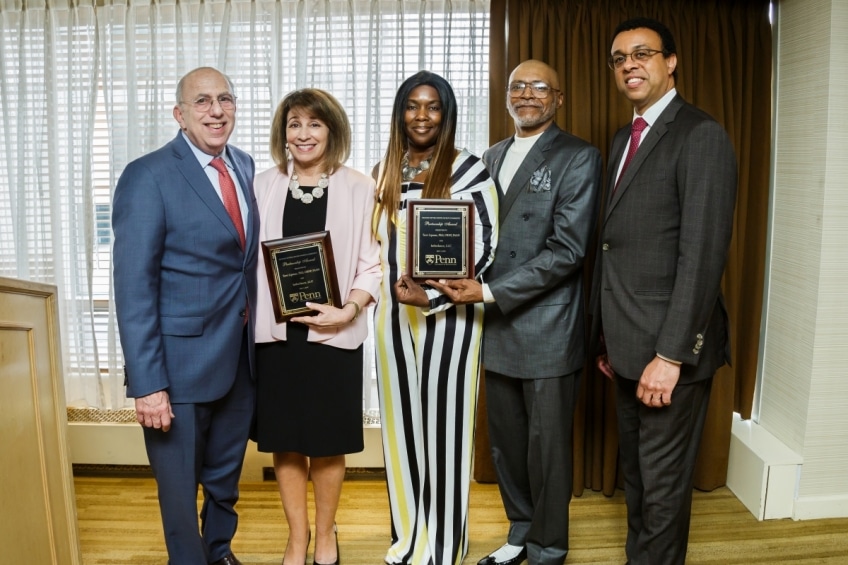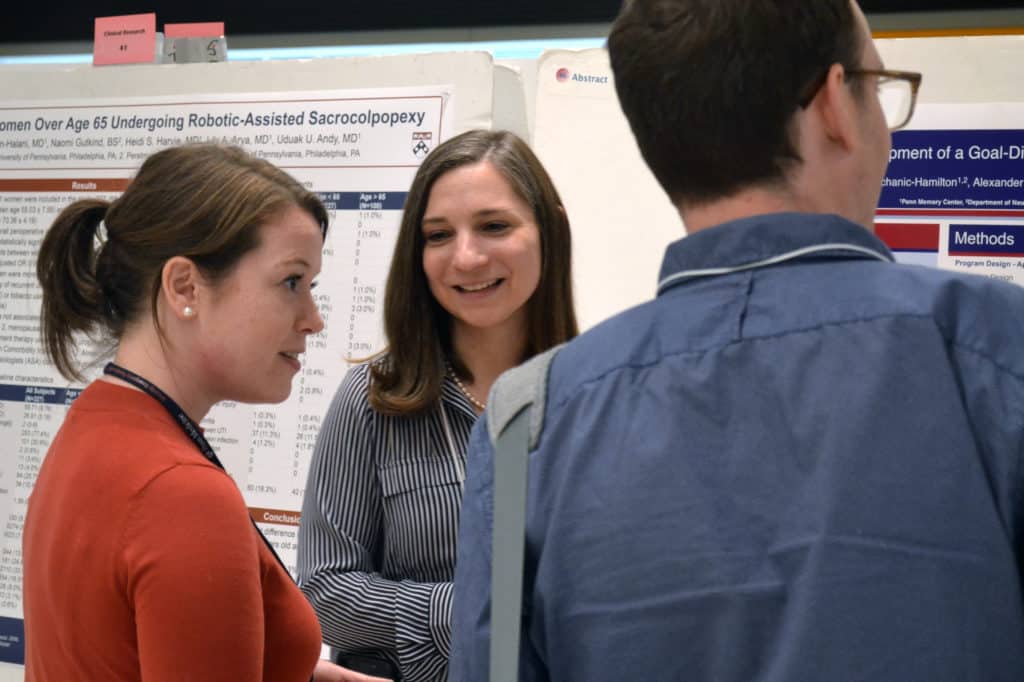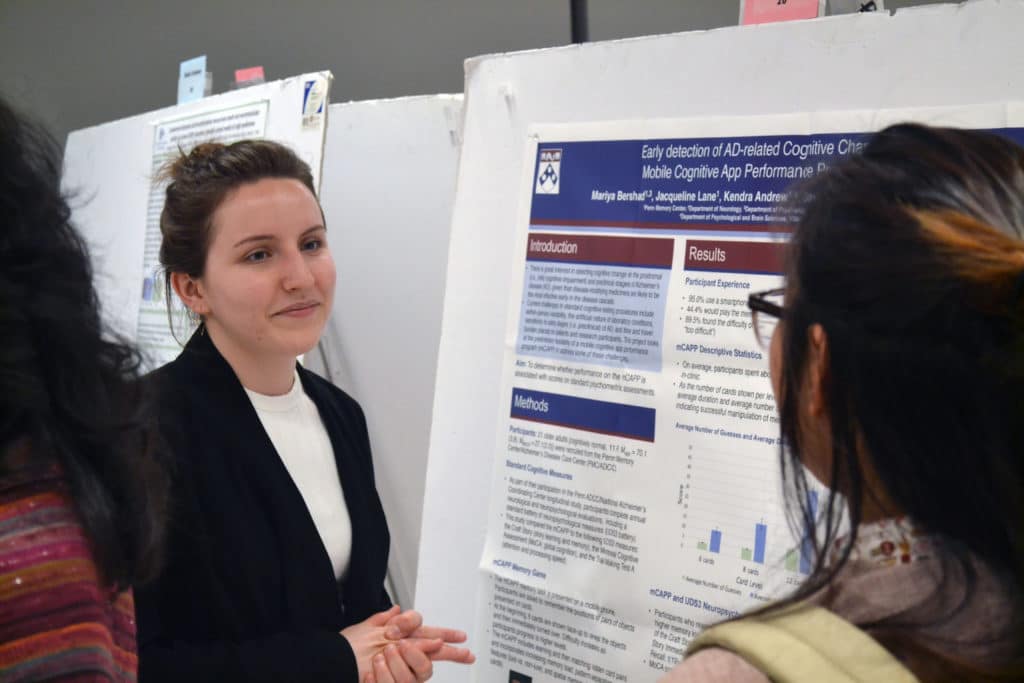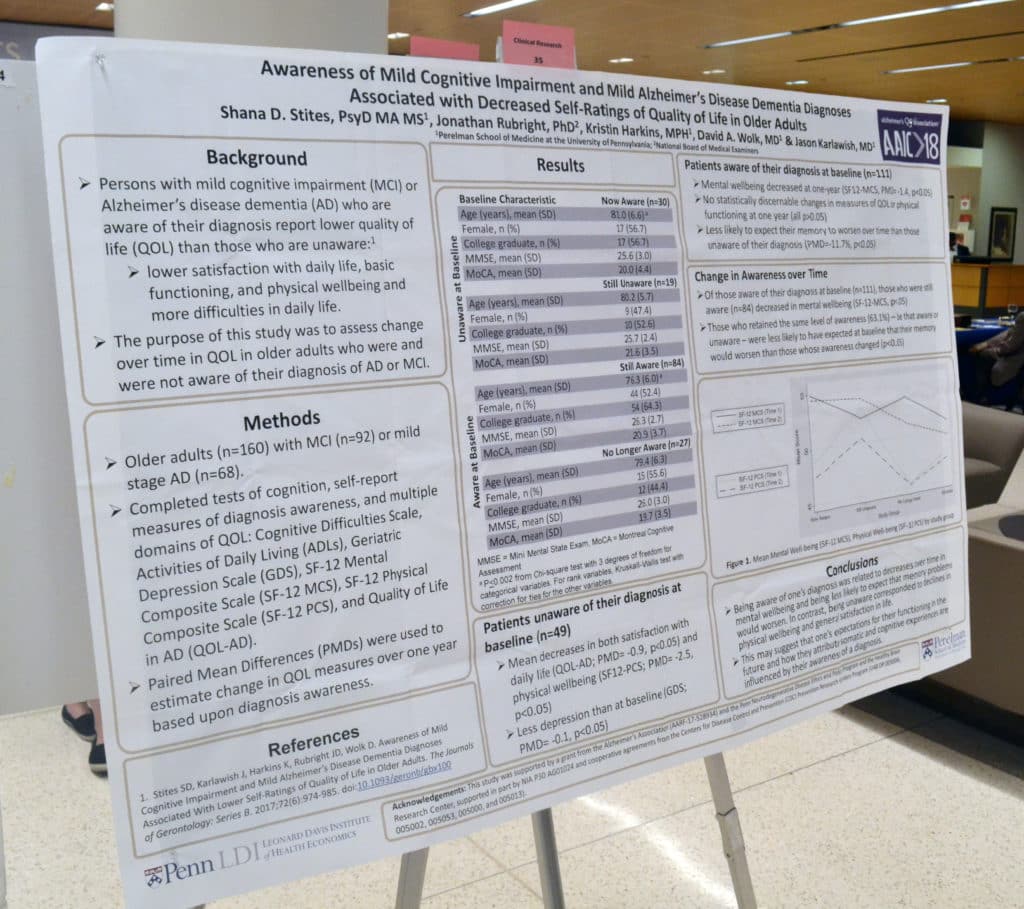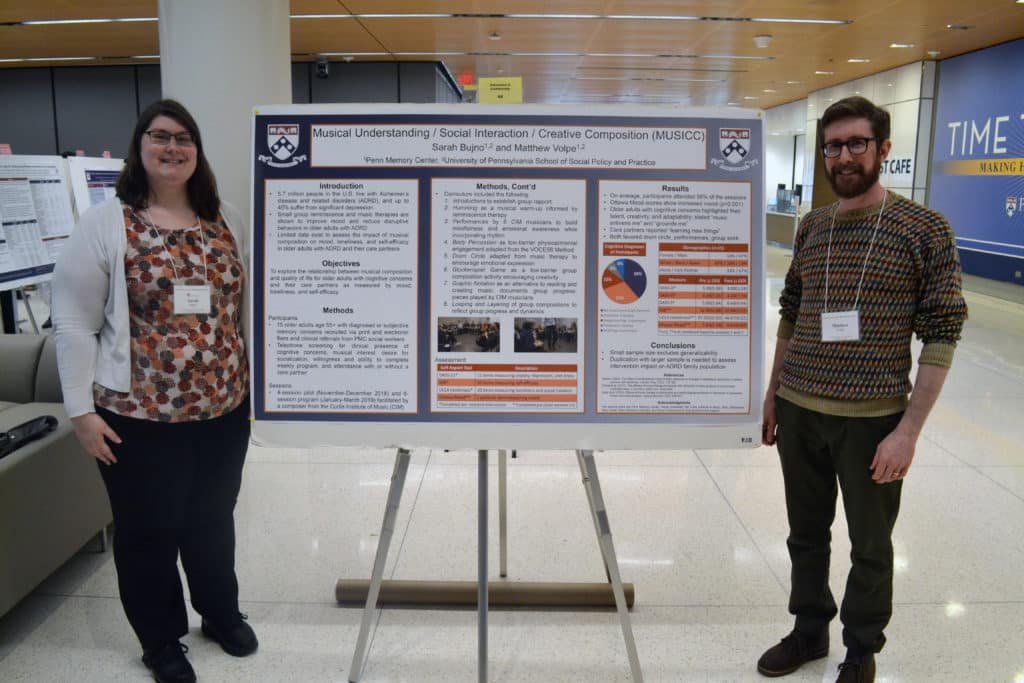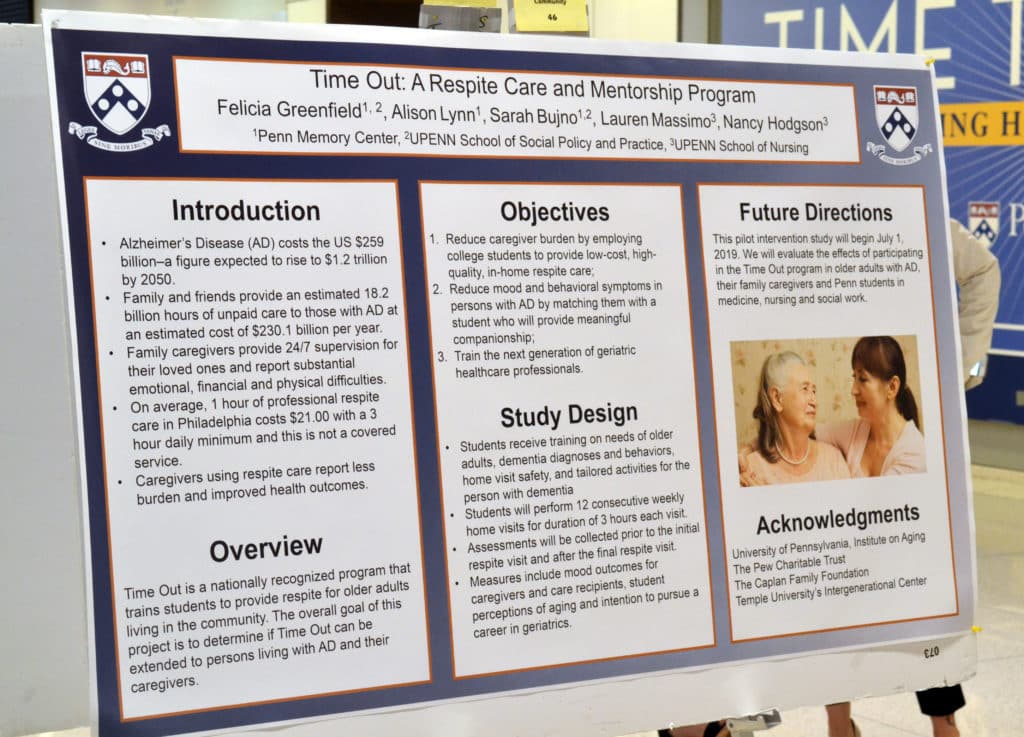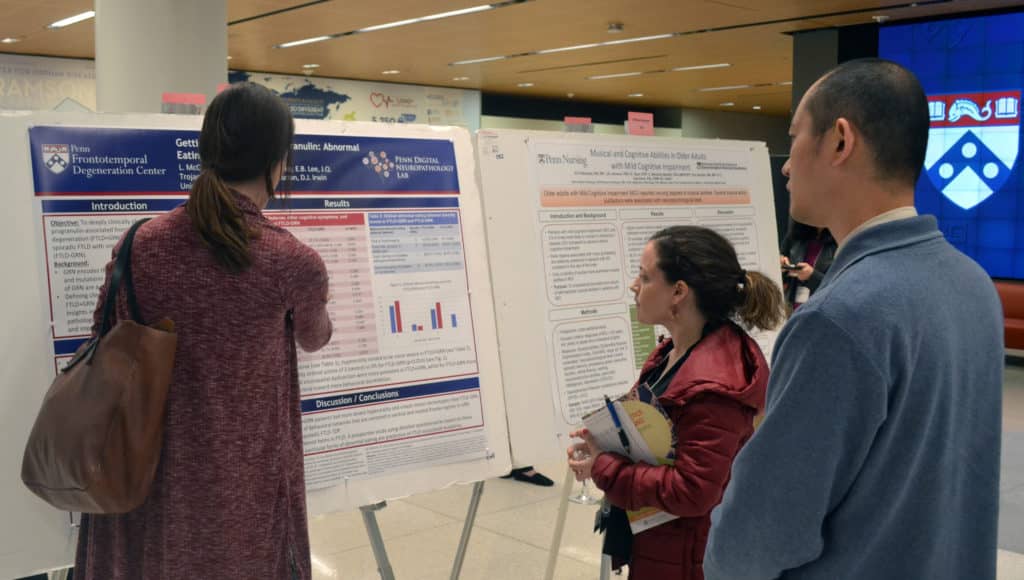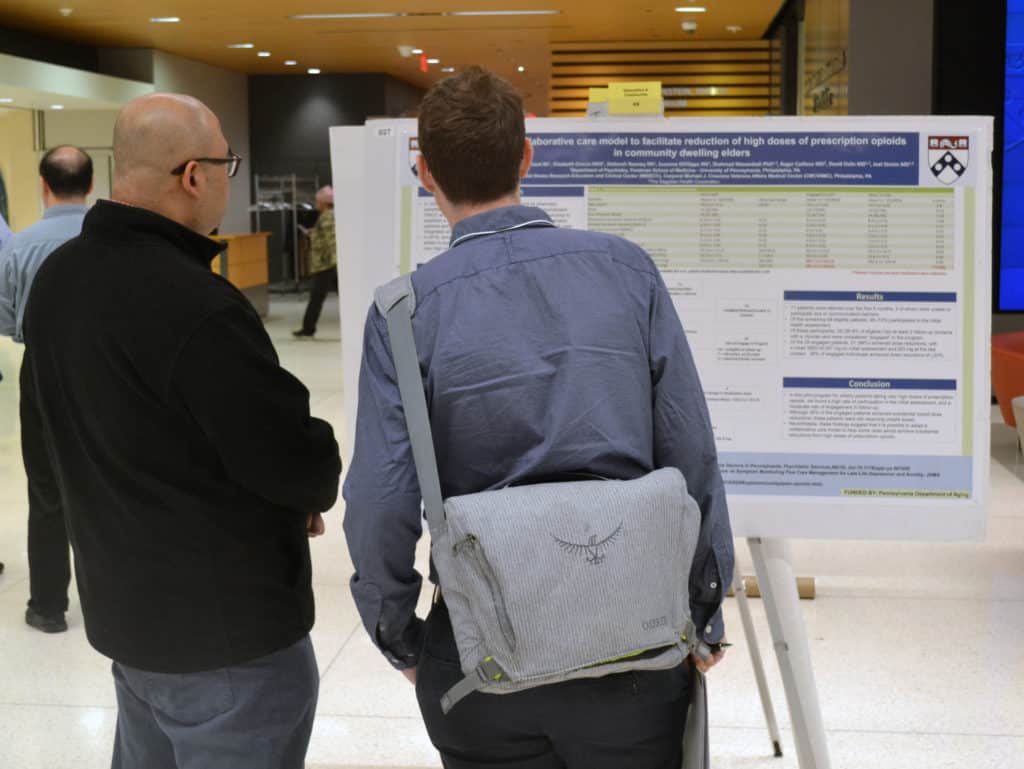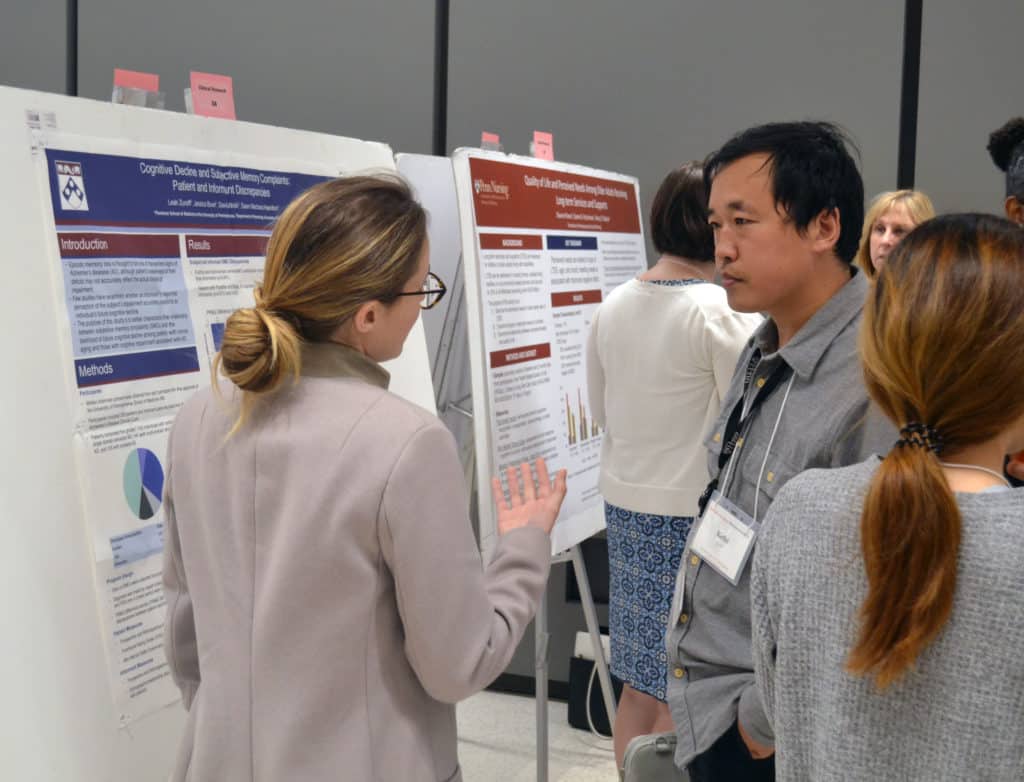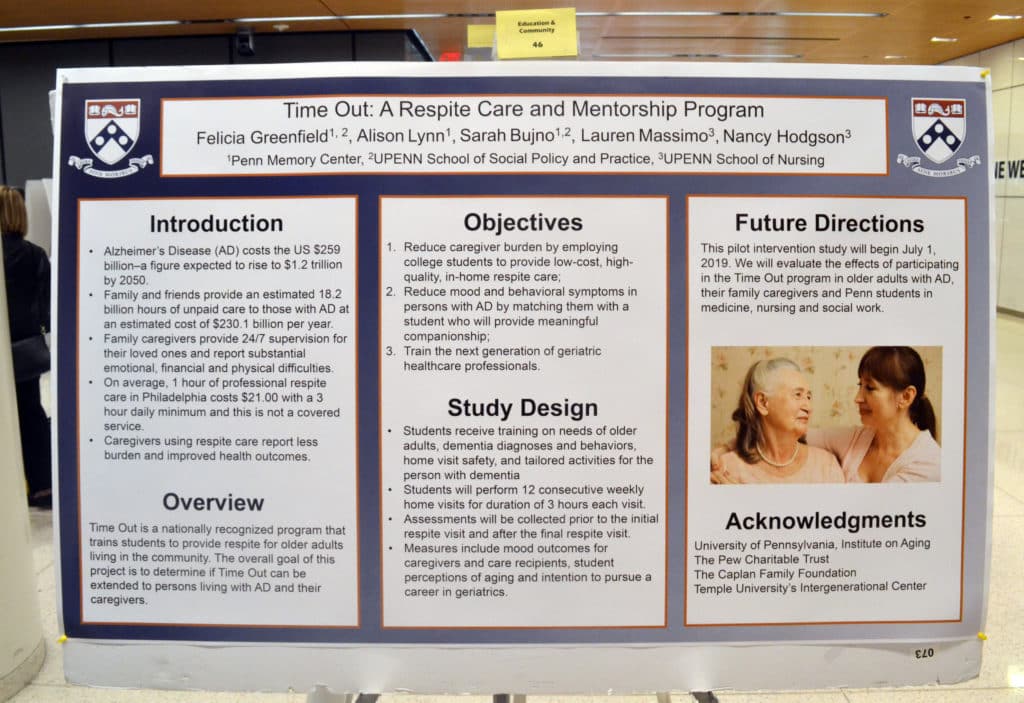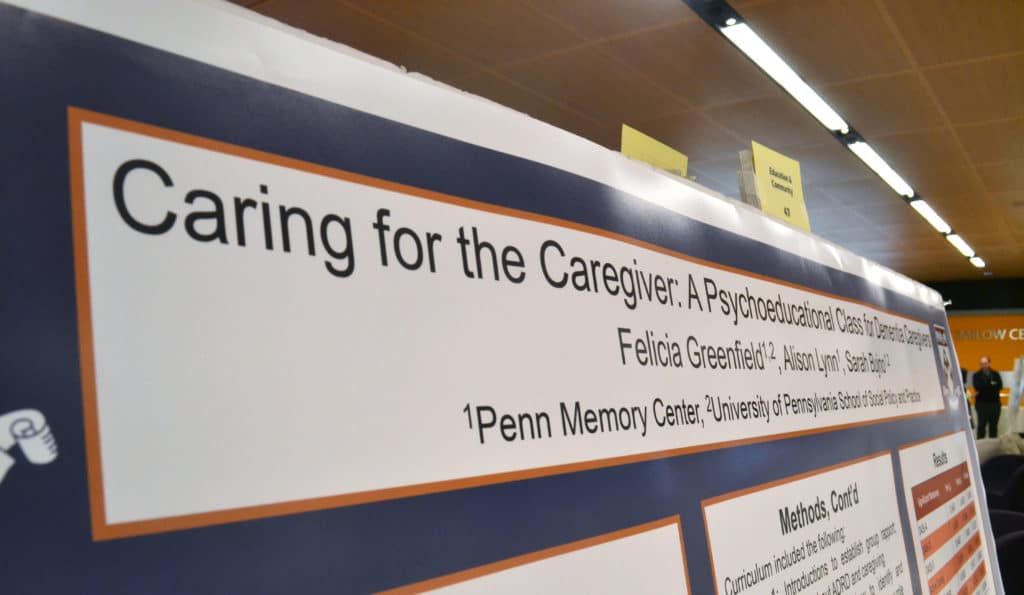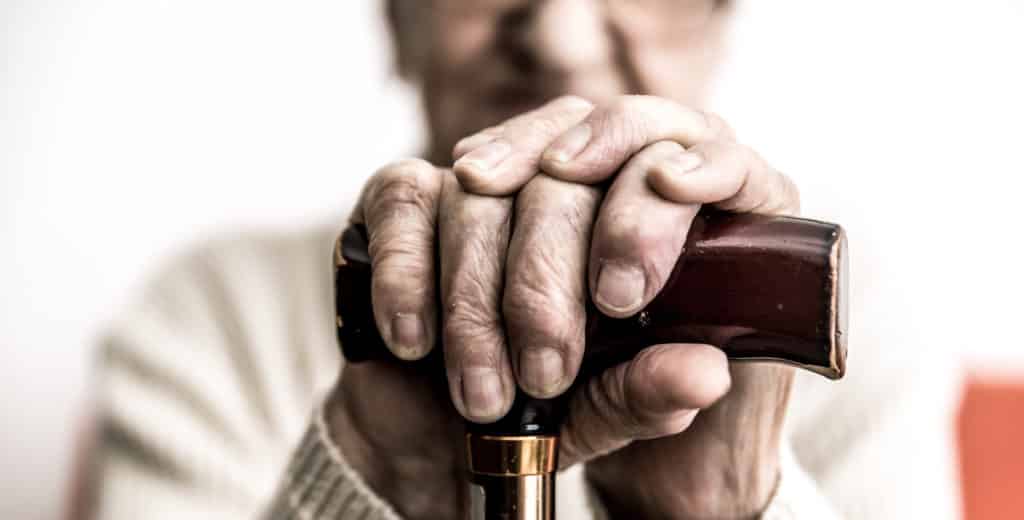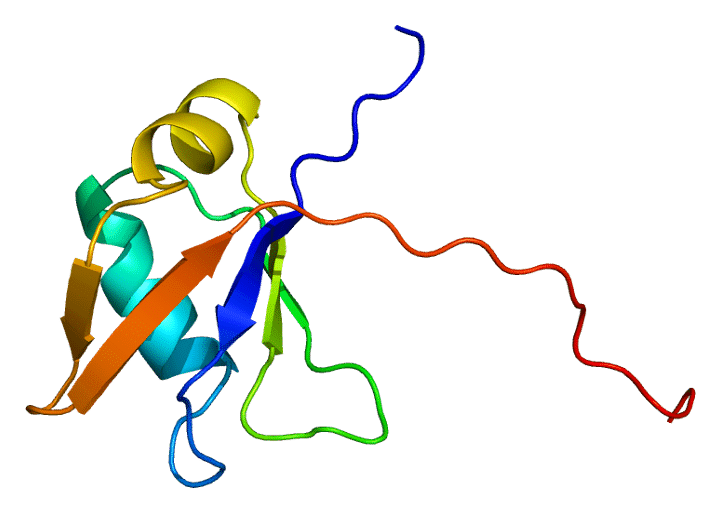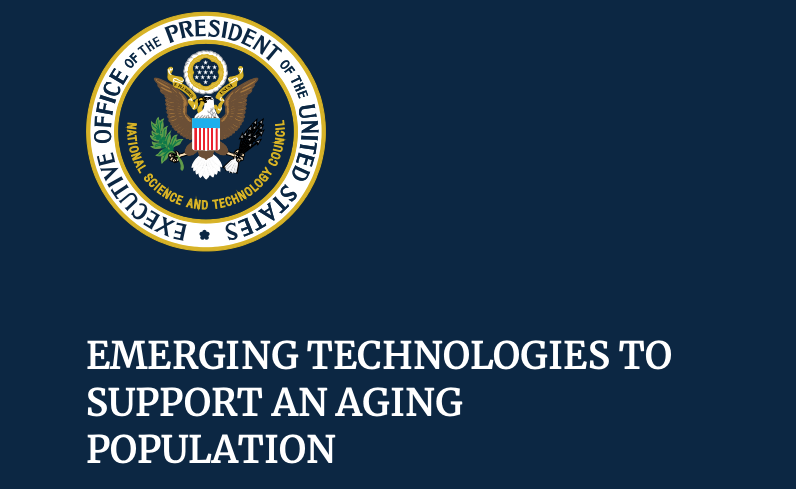Caregiving is often a stressful experience, which is why caregivers, like their patients, need care too.
One way to get such care is through group classes specifically dedicated to providing resources and skills to individuals caring for a loved one with dementia.
Those types of courses were recently highlighted in an NPR story, “From Gloom to Gratitude: 8 Skills To Cultivate Joy.” It features the findings of a new study, published in Health Psychology, which analyzed the effects of a 6-week course for caregivers. The findings revealed that the course may help with participants’ depression and anxiety.
A few people in the PMC community brought the article to the attention of PMC Associate Director of Social Work Alison Lynn, MSW, LCSW. One asked: “Can you help me find a similar course?”
